When considering renewable energy sources, solar power emerges as a promising solution, offering the potential to foster a more sustainable future. Yet, for those contemplating solar panel installation, a common inquiry arises: “Will my solar panels function during nighttime?”
This is because we all know that solar panels require sunlight to operate. So, what happens when there is no sunlight at night? Will they stop working?
Well, in this blog, we have tried to explain what happens to solar panels at night and whether they stop working or not.
So, read on to find out more about this.
Solar Panel Mechanism – and Power Generation at Night
Solar panels work through a mechanism called the photovoltaic effect. Photovoltaic cells are made of silicon and they help to convert sunlight directly into electricity. When photons that are present in sunlight strike the PV cells, they loosen electrons from atoms that generate a flow of electricity.
Now, coming to the question at hand, the photovoltaic effect doesn’t occur at night because there is no sunlight. However, this doesn’t mean that solar panels are rendered useless in the dark. Many solar energy systems incorporate battery storage solutions like BESS to capture surplus energy generated during daylight hours. This is how a solar panel works at night.
Moreover, these batteries act as reservoirs, storing electricity for use when the sun isn’t shining. During the day, excess electricity charges the batteries, ensuring a steady supply of power once the sun sets.
Moreover, solar panels aren’t also entirely dormant at night. This is because moonlight and the ambient light from stars can also trigger the photovoltaic effect at reduced efficiency. Some modern solar panels are designed to capture and convert even the faintest traces of light into electricity.
Thus, solar panels do work at night.
Grid-Tie Systems and Net Metering
For solar-powered homes connected to the grid, nighttime electricity needs are typically met through solar net metering or grid-tie systems. During daylight hours, excess electricity generated by solar panels is fed back into the grid, effectively spinning the electricity meter backward.
In return, homeowners receive credits for the surplus energy exported. When solar production wanes at night, homes draw electricity from the grid as usual, utilizing accumulated credits to offset the consumption at night.
The Future of Solar Panels- Increased Efficiency at Night
As the demand for solar power increases, researchers are exploring innovative ways to enhance solar panel efficiency at night.
One promising avenue involves the integration of thermoelectric materials into solar panels. These materials harness the temperature difference between the panel and its surroundings and generate electricity even in darkness.
In addition to this, advancements in energy storage technologies, such as flow batteries and supercapacitors, hold the potential to revolutionize nighttime solar energy efficiency.
Thus, the future of solar panels holds endless possibilities, and soon, we may get to see solar panels that work equally efficiently at night as they do in the daytime.
Final Thoughts
Thus, though the efficiency of solar panels may be reduced at night, they continue to produce electricity, even in small amounts. And through innovative storage solutions, low-light performance capabilities, and even grid integration strategies, solar power can still be harnessed at night.
Looking to install quality solar panels in the Philippines? Look no further than Nativ Techniks, your no. 1 solar panel provider! Call us at +639176310032, or mail us at wecare@nativtechniks.com


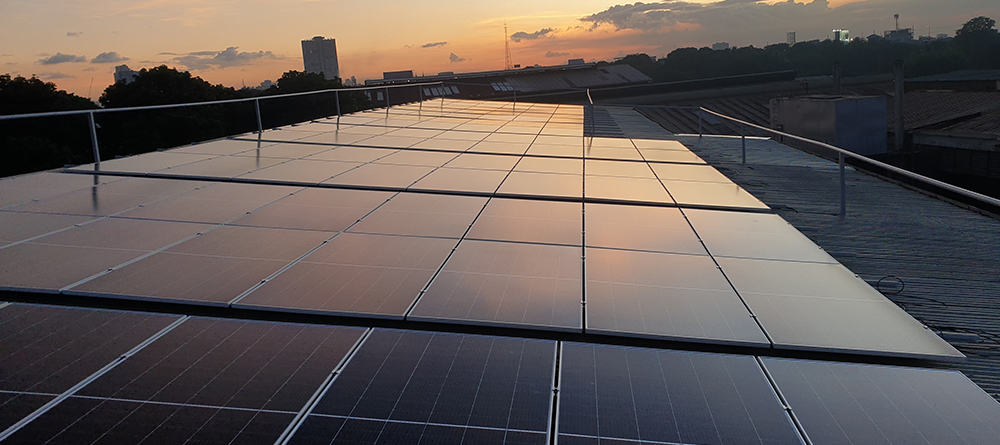
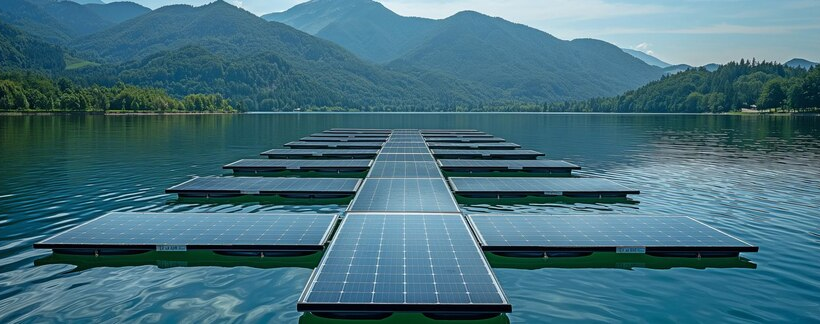

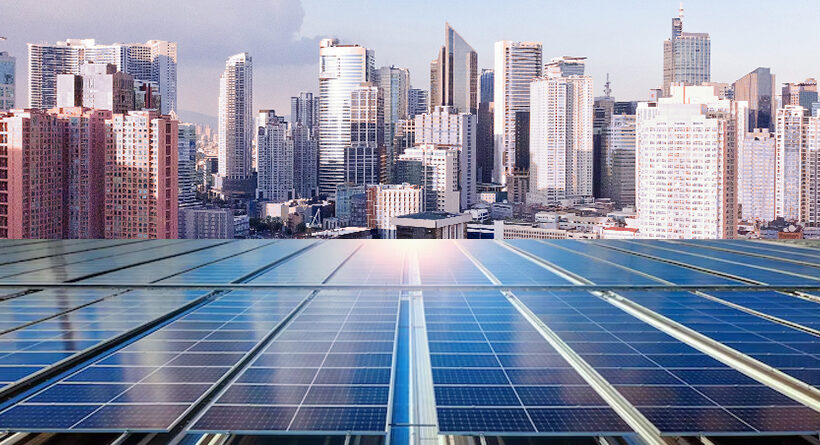
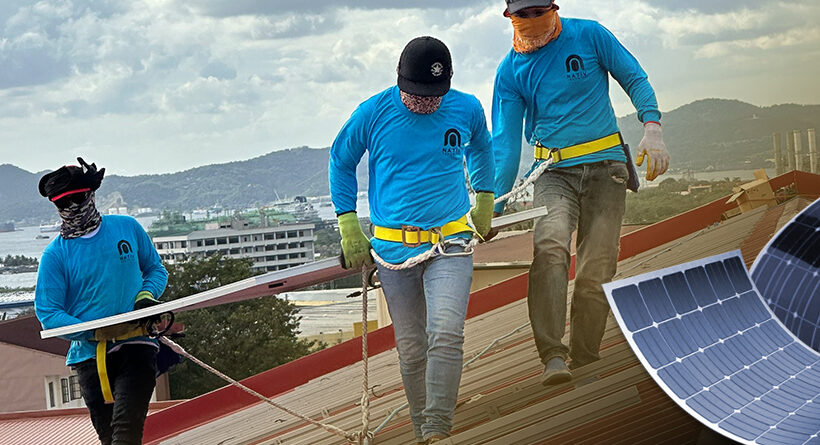
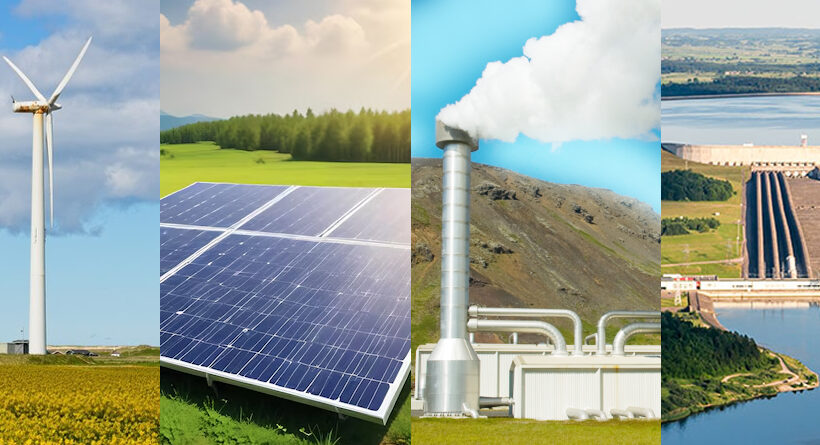

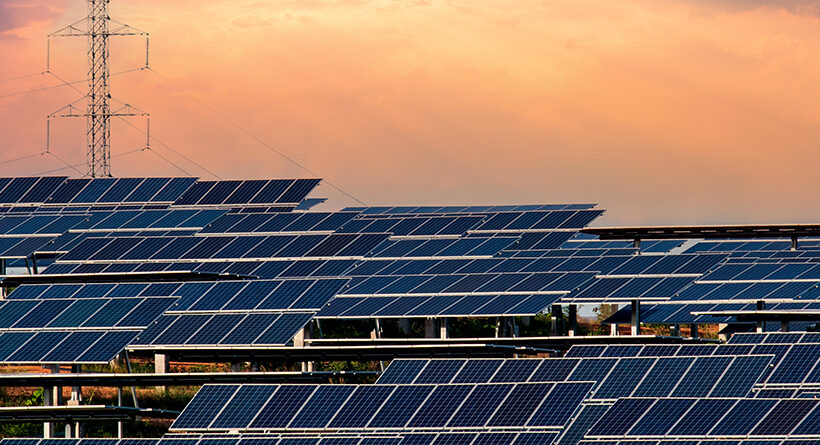
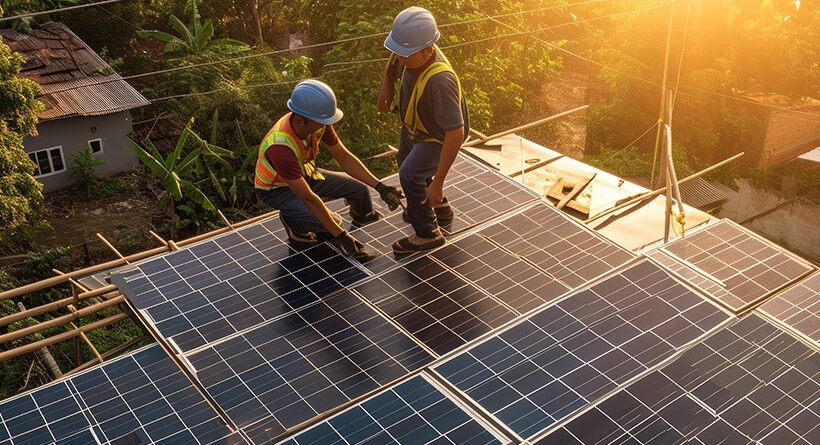
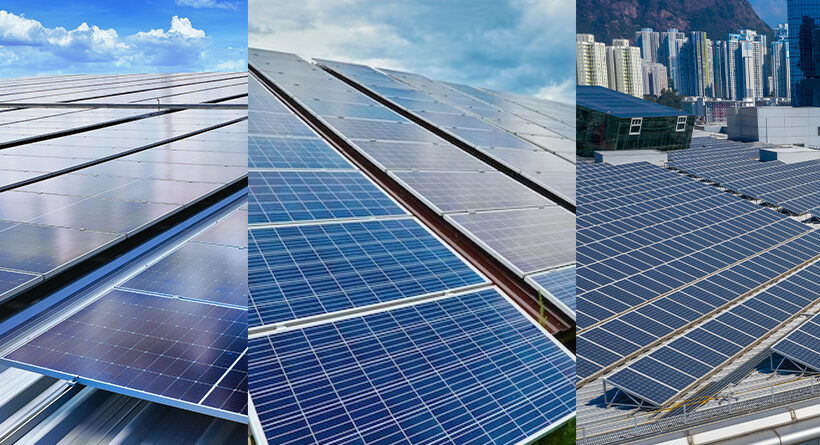
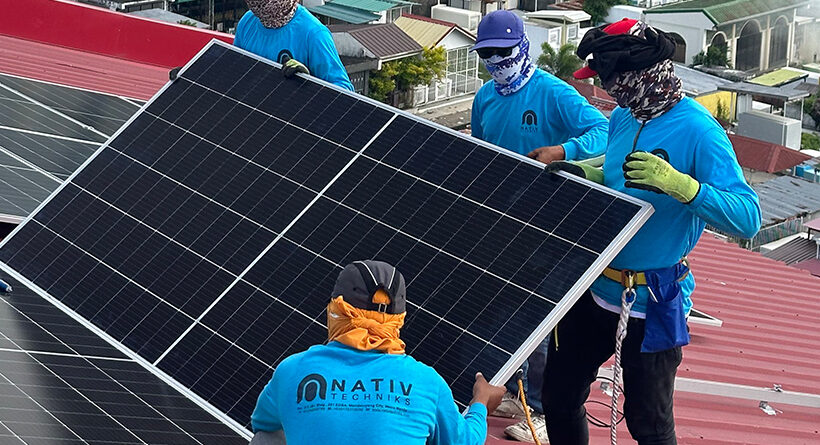
Leave a Reply